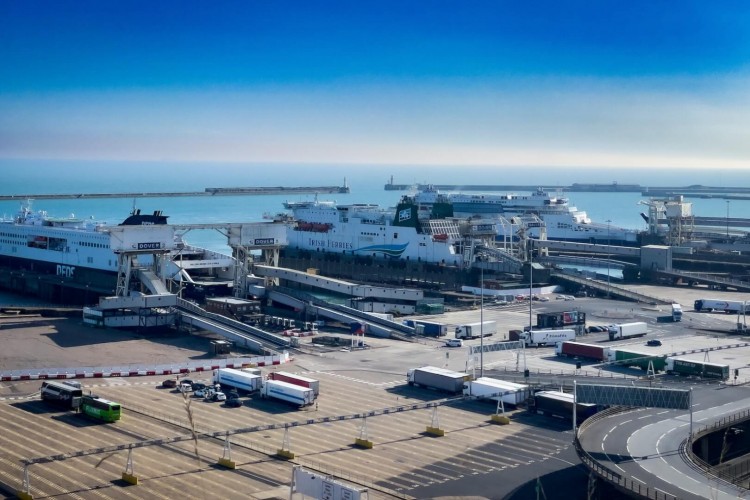Doug Bannister, head of the Port of Dover, has told BBC News that he wants to use reclaimed land in order to build infrastructure to deal with the additional traffic congestion the EU's new EES border system is anticipated to generate.
The Entry/Exit System (EES) is an automated IT system for registering travellers from third-countries, both short-stay visa holders and visa exempt travellers, each time they cross an EU external border.
As the UK is no longer part of the EU or EEA, it is a third-country and thus those travelling from the UK will have to go through the new EES system checks every time they enter the EU.
The EU says the current system of manual stamping of passports is time consuming, does not provide reliable data on border crossings, and does not allow a systematic detection of those who have stayed in the EU longer than permitted. The EU’s own factsheet on the system states that the checks will involve travellers scanning their documents at a self-service kiosk. Although speed is one of the motivations for introducing the new system, there are fears that long queues will amass at ports in particular.
Last year, Doug Bannister told BBC News that he expected these checks could take 10 minutes to register one car carrying four people. Twelve months later, Bannister has been quoted as saying he is more confident about the situation having worked with authorities on both sides of the border.
Despite this, the Port of Dover boss is still keen to implement previously-existing plans to reclaim land. The only difference is that instead of being used for cargo, as had been envisioned, the land would be used to hold passengers when EES checks begin. According to the BBC, the port is hoping the government will contribute towards the £2m it would cost to realise the project. As for when EES will become active, it is not now expected until 2024. A House of Commons document from July of this year said that ESS may be introduced after the Paris Olympics in the summer.






